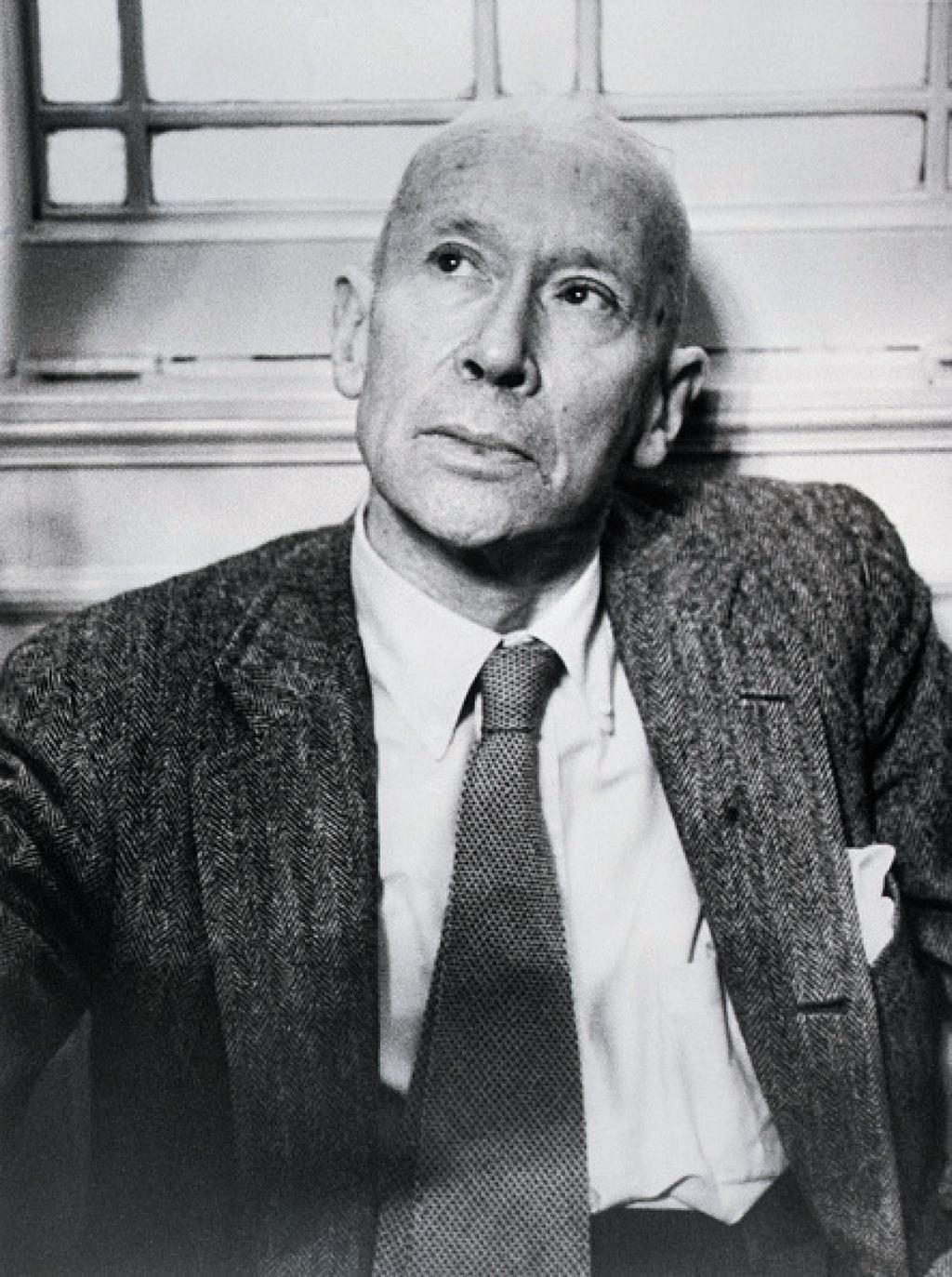
EXACTLY A CENTURY after it first appeared, E.E. Cummings’ novel The Enormous Room has been republished, reminding us that its author may have been the most profoundly libertarian writer in American literature. Beginning as a critic of authoritarian social situations, he wrote here mostly about his imprisonment in a French military detention camp at La Ferté-Macé during World War I. Eccentric and yet evocative, this classic is no less visceral a century later.
As a congenital free spirit, Cummings felt confined more than most. “The right-hand long wall contained something like ten large windows, of which the first was commanded by the somewhat primitive cabinet,” he were not supposed to see anything which went on in the world without; might, however, look their fill on a little washing-shed, on a corner of what seemed to be another wing of the building, and on a bleak lifeless abject landscape of scrubby woods beyond—which constituted the view from the ten windows on the right.”






